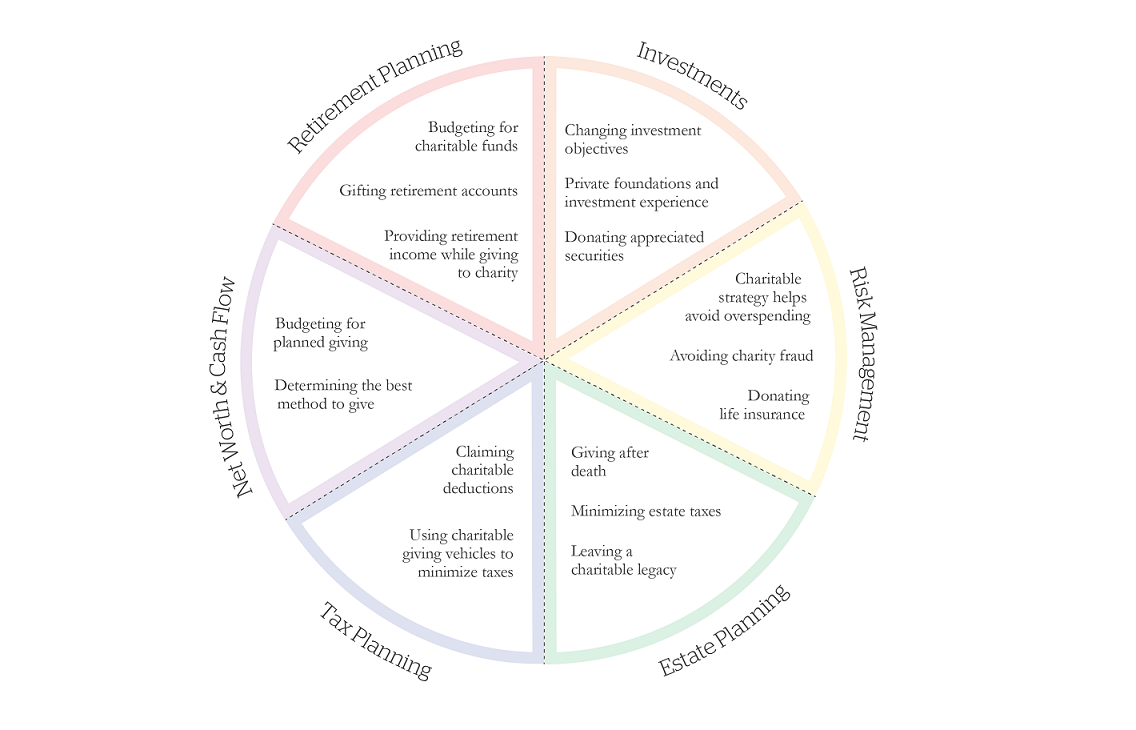Introduction
Financial stability is a goal that many of us strive for. However, managing debt can often be a challenging task. By implementing effective debt management strategies, individuals can regain control of their finances and work towards a debt-free future.
The Importance of Debt Management
Debt management plays a crucial role in achieving financial well-being. It involves creating a budget, organizing debts, and developing a repayment plan. By doing so, individuals can avoid late payment fees, penalties, and the negative impact on credit scores.
Creating a Budget
One of the first steps in debt management is creating a budget. This involves assessing income and expenses and allocating funds for debt repayment. By prioritizing debt payments, individuals can gradually reduce their outstanding balances.
Organizing Debts
Organizing debts is essential for effective debt management. This includes creating a list of all outstanding debts, such as credit card balances, loans, and mortgages. Understanding the total amount owed and the interest rates associated with each debt can help individuals make informed decisions regarding repayment strategies.
Developing a Repayment Plan
Once debts are organized, it’s crucial to develop a repayment plan. There are various strategies to consider, such as the debt snowball method or the debt avalanche method. The debt snowball method involves paying off the smallest debt first, while the debt avalanche method focuses on tackling debts with the highest interest rates.
Seeking Professional Assistance
In some cases, seeking professional assistance may be necessary. Debt management companies can provide guidance and negotiate with creditors to reduce interest rates or establish affordable payment plans. However, it’s important to research and choose a reputable and trustworthy company.
Conclusion
Debt management is a critical aspect of achieving financial stability. By creating a budget, organizing debts, and developing a repayment plan, individuals can take control of their finances and work towards a debt-free future. Seeking professional assistance, if needed, can also be beneficial. Remember, effective debt management requires discipline and commitment, but the financial freedom it brings is well worth the effort.





